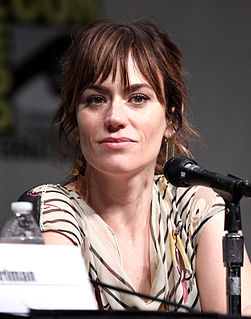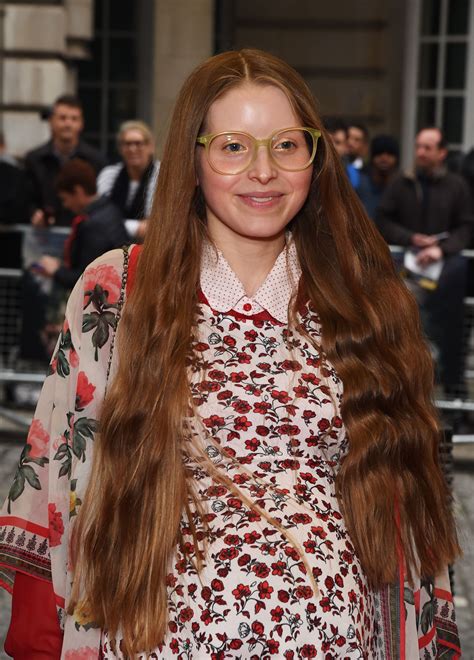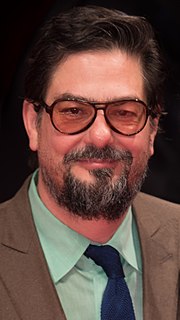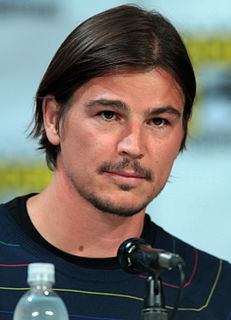A Quote by Maggie Siff
Related Quotes
Usually, when making a film, the surprises are negative surprises. You don't get what you wanted or what you hoped for. The only nice surprises are those that are offered to you by actors when they offer you these gifts, when they are better and give you more than what you had originally conceived. That doesn't happen every day on set, but if it happens a couple of times in the course of making a film, you can consider yourself very lucky.
The pace is different on a film set. It's slightly slower, allowing for a little more wiggle room. Sometimes there is a bit more room to explore and work on the floor. On a TV set, you really have to be ultra-prepared and ready to deliver because time is so tight. Not that you don't have to be prepared for film.



































